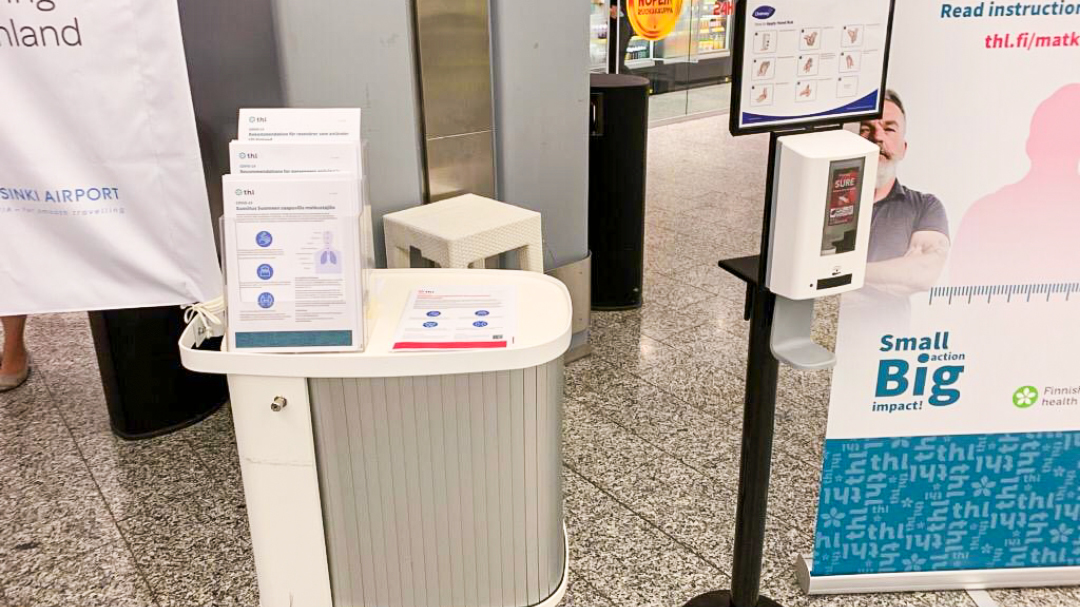Government proposal for amending sections of Communicable Diseases Act concerning health examinations and provision of information submitted to Parliament

The Government has submitted to Parliament a proposal for amending two sections of the Communicable Diseases Act. The amendment to section 16 of the Act concerns the right of the Regional State Administrative Agencies and physicians to decide on compulsory health examinations and the amendment to section 22 concerns the obligation of those who have or have been exposed to a communicable disease to provide information about themselves.
The Government has submitted to Parliament a proposal for amending two sections of the Communicable Diseases Act. The amendment to section 16 of the Act concerThe proposal would specify the right of the Regional State Administrative Agencies to order a compulsory health examination, which could include a COVID-19 test. In addition, the physician in charge of communicable diseases in the municipality or hospital district would have the right to decide that individual persons must undergo a compulsory health examination.
The amendment would clarify the current regulation on compulsory health examinations and strengthen and speed up the work in preventing communicable diseases.
Health examinations could be compulsory to those arriving in Finland
It would be possible to prevent the spread of a generally hazardous communicable disease effectively if the Regional State Administrative Agencies were to decide on compulsory health examinations.
Participating in a health examination could be compulsory for people who, for example, arrive in Finland from specific countries during a specific time period or work in specific workplaces. The Regional State Administrative Agencies would cooperate with each other and with different authorities.
For example, during the COVID-19 epidemic, they could decide on compulsory health examinations at airports. In their decisions, they could take into account the regional epidemiological situation and when and to what extent healthcare workers could be used to carry out compulsory health examinations. This would make it possible to assign healthcare workers to locations where they are needed to prevent the spread of communicable diseases, without jeopardising other healthcare activities.
If a person refused to undergo a compulsory health examination, they could, under chapter 44, section 2 of the Criminal Code, be sentenced for a health protection violation to a fine or to imprisonment for at most three months.
Those infected or exposed would be obligated to provide information
People who have, are exposed to or are justifiably suspected of having a generally hazardous or monitored communicable disease would be obligated to provide the healthcare professionals investigating the matter with information about themselves.
The amendment would enhance the possibilities of public authorities to prevent the spread of communicable diseases and it would also make contact tracing easier. It would also enable better use of different information systems and software (e.g. the Finentry service) as part of the measures to prevent the spread of communicable diseases and to trace transmission chains. Under the current Communicable Diseases Act, the provision of information is voluntary.
Inquiries:
Jari Keinänen, Director, [email protected]
Mirka-Tuulia Kuoksa, Legal Adviser, [email protected]
Liisa Katajamäki, Senior Ministerial Adviser, [email protected]